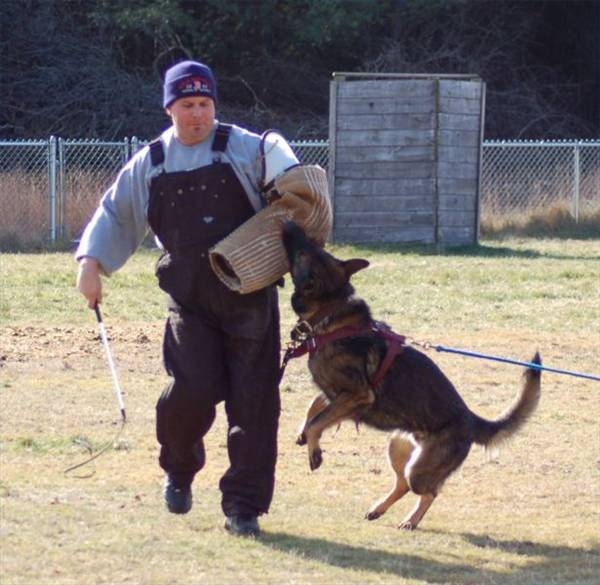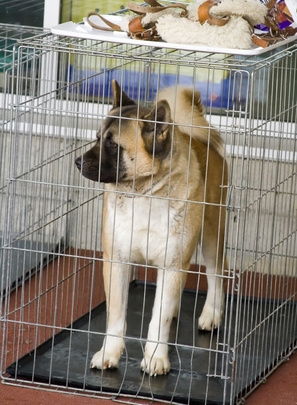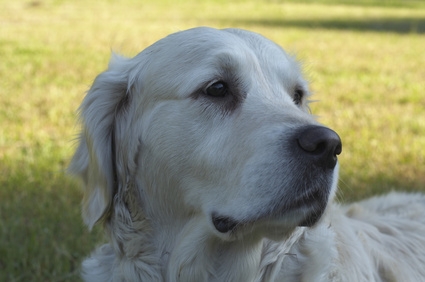Most dogs are friendly and loving creatures that often become members of the family. As a member of the family, however, dogs needs to coexist with the members of the household. To raise a dog to become a well respected canine citizen that is well mannered and trustworthy, it is crucial to practice proper dog training techniques.
There are many reasons why training a dog is beneficial to the dog itself as well as his family. The owner-dog relationship is very important in building a good level of trust and cooperation. A properly raised dog is friendly, well respected, and trusted by other members in the community. They do not pose a threat to children, they can be controlled by following simple commands and rules, and can be trusted in the presence of other people as well as animals.
It is crucial that dogs are pleasant and behaved, and do not practice unnecessary behaviors. Depending on the owner and the objective of the dog training, there are a few different categories of canine obedience. All those who own a dog may require a different method of teaching for how they want their dog to behave.
Basic obedience training is the common discipline for all dogs. With these common principles the dog is taught general simple commands such as sit, stay, speak, heel, and come. They can also be taught to fetch and retrieve things. This is the most basic and fundamental type of dog obedience and should be highly focused on for every dog.
Not so basic teaching, where a dog is taught to utilize his canine senses, skills, and abilities, are canine police training or search and rescue. With these instructional methods dogs are primed to detect bombs, drugs, track down criminals, and find missing children or people with their scent. There is also physical assistance dog education, where a dog can be trained to assist physically challenged or disabled people, such as the blind. Dogs are extremely smart and can perform extraordinary tasks if trained properly.
Some methods, instead of teaching a dog to do things, teach a dog not to do things. Behavior habits such as excessive barking, growling, jumping on people, food aggression, digging, urinating in the house, and chewing items not specifically intended for the dog need to be eliminated as early as possible. If these bad habits are not forbidden while the dog is young, they will only worsen as the dog gets older, and make it harder for it to be trained against those habits.
Whatever type of teaching will be done, every dog trainer should know a few general rules. Reward the dog, never punish or hit a dog, be consistent, teach them tricks and commands one at a time, test their obedience in different scenarios, make sure each training session is short and fun, and most importantly, be patient. Knowing these basic policies will provide more effective sessions that will be beneficial for the dog as well as the owner.
Dog training is crucial because a dog needs to be a well respected and well mannered canine citizen who can function properly among other people and animals. Because dogs are such smart creatures, no time spent will be wasted if practicing appropriate disciplining techniques.

 Police Dog Training Techniques
Police Dog Training Techniques
Police
Police Dog Training Techniques
Police Dog Training Techniques
Police
 I'm Having Trouble Potty Training My Dog
I'm Having Trouble Potty Training My Dog
I'm Having Trouble Potty Training My Dog
I'm Having Trouble Potty Training My Dog
 Dog Whisperer Crate Training
Dog Whisperer Crate Training
Dog Whisp
Dog Whisperer Crate Training
Dog Whisperer Crate Training
Dog Whisp
 Puppy Toilet Training Tips
Puppy Toilet Training Tips
Puppy Toile
Puppy Toilet Training Tips
Puppy Toilet Training Tips
Puppy Toile
 Service Dog Training Programs
Service Dog Training Programs
Service
Service Dog Training Programs
Service Dog Training Programs
Service